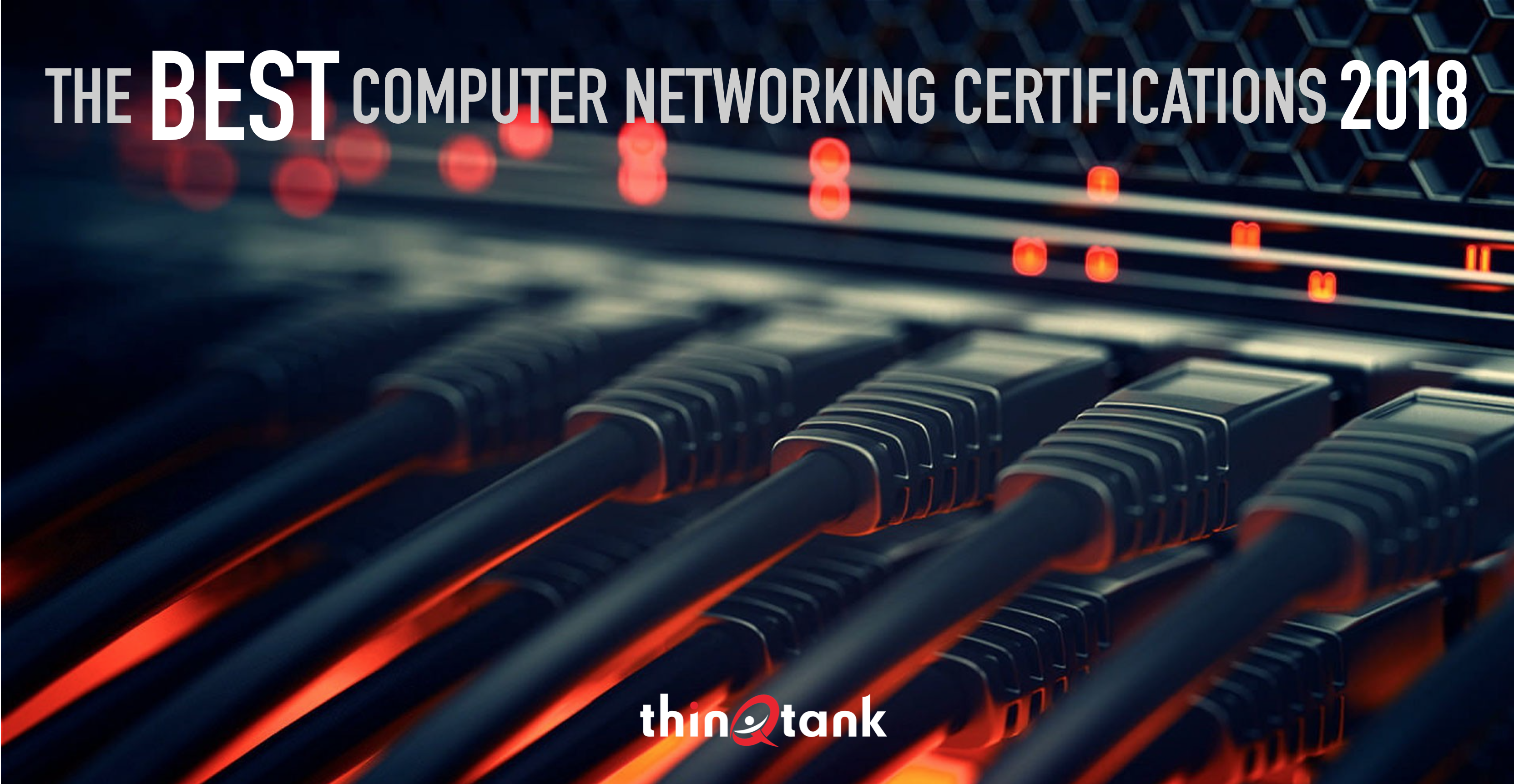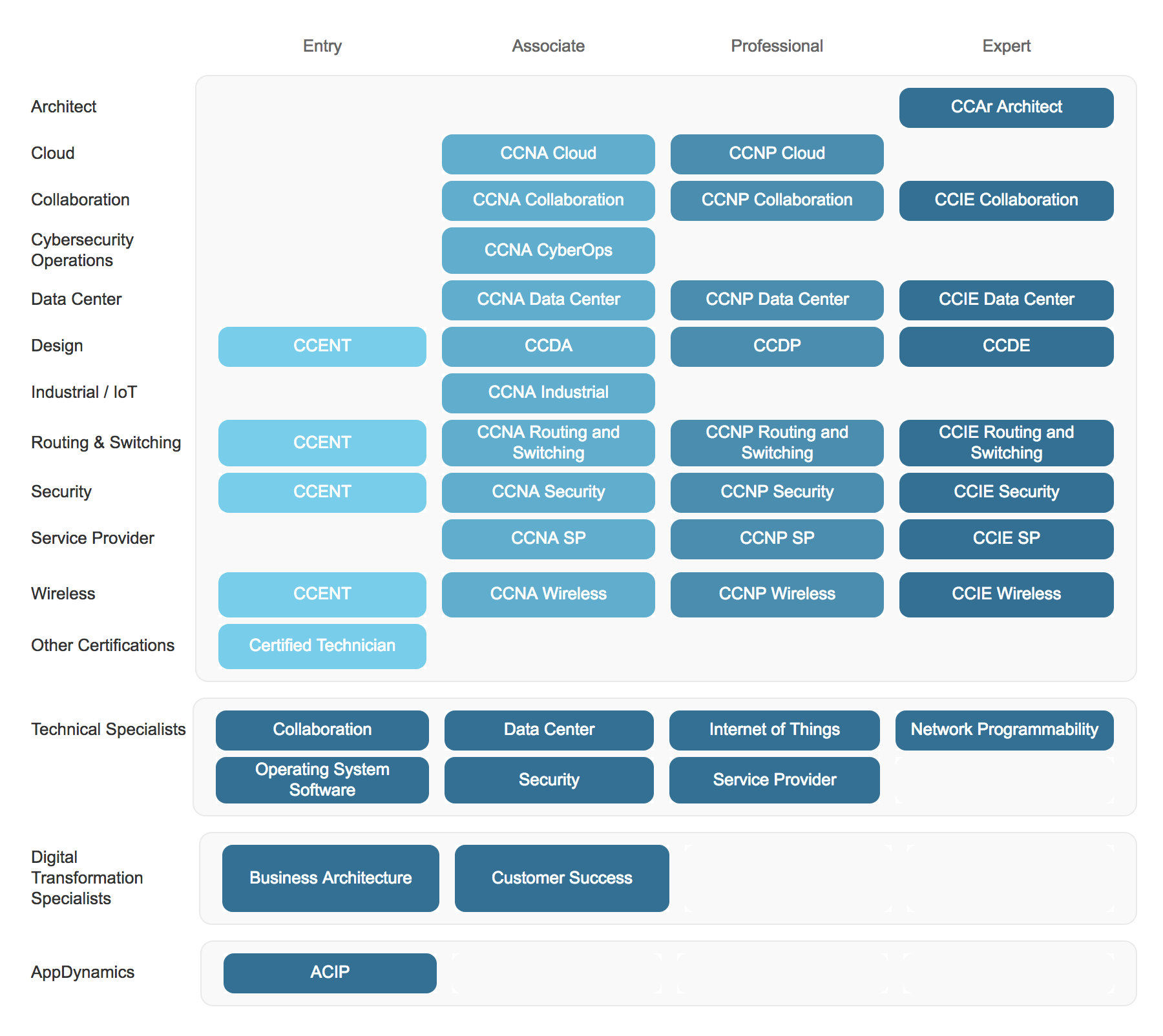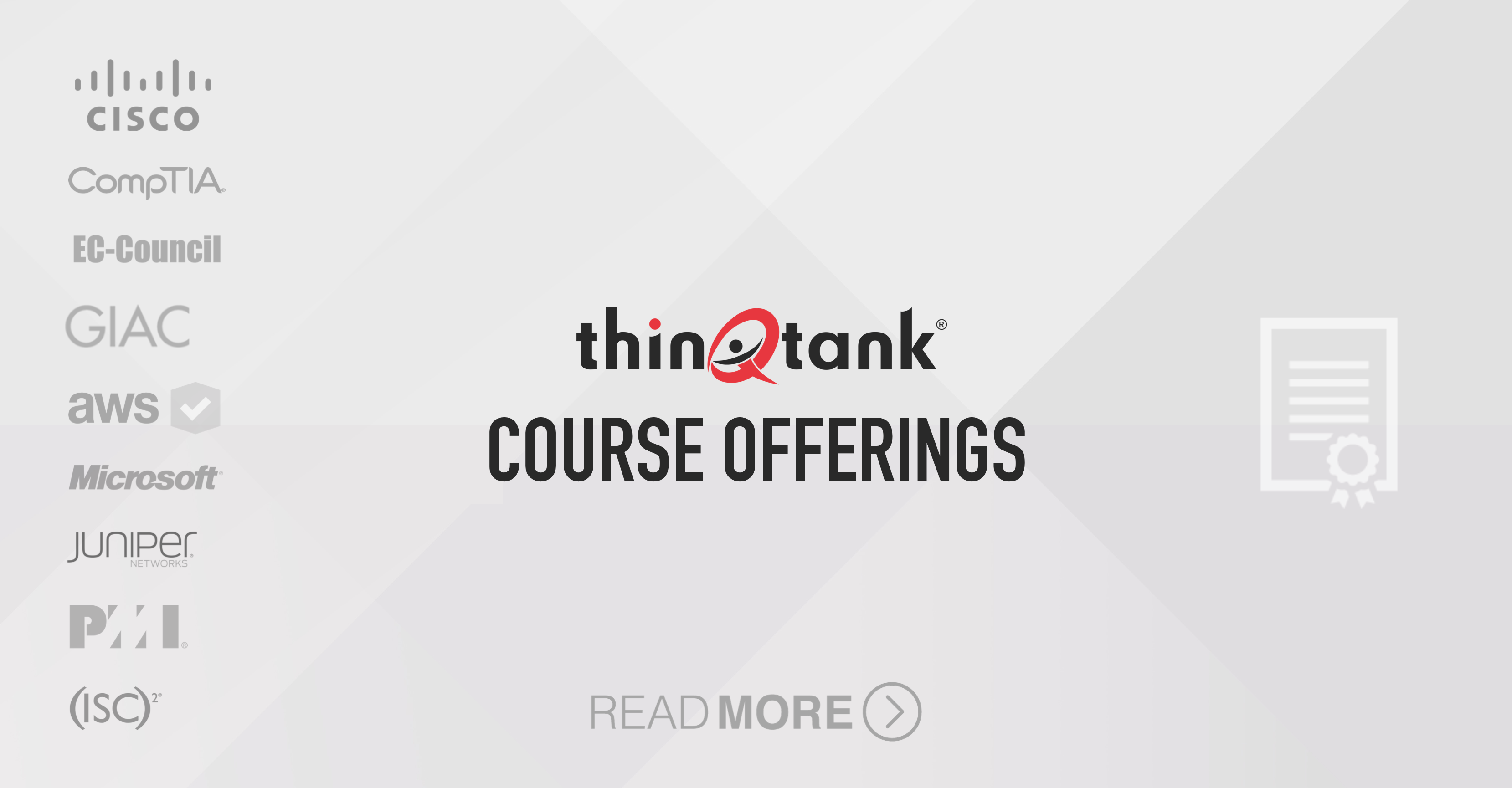The Best Computer Networking Certifications for 2018

IT pros skilled in the many areas of networking are always in high demand in today’s job market. Those who are serious about their careers should consider one or more of these best-of-breed networking certifications to set themselves apart from the competition.
When it comes to the care and feeding of modern networks, there’s quite a list of tools and technologies that qualified IT professionals must master — especially those who aspire to work as network administrators.
In addition to the servers and clients that make up the endpoints in such environments, there’s a lot of network infrastructure to worry about. This includes switches and routers (both physical and virtual), plus a raft of appliances and services, such as unified threat management (UTM), next-generation firewalls (NGFs), WAN optimization, and spam, email and content filtering.
Wrapping your head around all these certification options and specialties can be challenging, but knowing where to start can help. We looked at several networking certifications (in their order of appearance in the job boards table that follows) that we consider to be leaders in the field of networking for 2018.
To pick our leaders, we looked at the state of networking certification, examined various market and salary surveys, and performed an informal job board survey that reveals the number of job posts across the U.S. in which our featured certifications were mentioned on a given day.
Job Board Search Results (in alphabetical order, by certification)

The featured certifications represent all major tiers of networking job roles, from the entry (Network+) to the expert level (CCIE). A person just starting out in networking, most likely as a technician or junior administrator, can expect to make about $47,000. Mid-tier network administrators and engineers make an average of $66,000 to $84,000, and CCIEs average around $116,000.

An evergreen and high-value networking certification is the Cisco Certified Internetwork Expert (CCIE), which comes in several tracks. The annual production of CCIEs remains small enough that Cisco can still claim to hire all of them itself, with demand and appreciation for this difficult and rewarding certification always stratospheric. Over the past few years, the Storage Networking credential gave way to Collaboration, and a Data Center credential was introduced.
Although the road to obtaining the CCIE is long and hard, it is well worth the effort, time and money. This is a credential that will open doors to plenty of job opportunities and high salaries for networking pros.

The Cisco Certified Network Professional (CCNP) takes aim at platforms and products from a leading networking equipment vendor found at most communications and internet service providers, not to mention enterprises and businesses of all sizes, as well as government, research and academia. It’s hard to go wrong by earning Cisco certification nowadays, and the CCNP is its leading midrange credential across a wide variety of specialties.
Cisco offers several flavors of the CCNP: Cloud, Collaboration, Data Center, Routing and Switching (the most popular), Security, Service Provider and Wireless. The Cisco Certified Network Associate (CCNA) is a required stepping stone to the CCNP. What usually comes after the CCNP for networking professionals could be another CCNP (different specialty), one or more Cisco Specialist certifications, or the advanced Cisco Certified Internetwork Expert (CCIE), which is also available in numerous specializations.
Cisco Career Certification Paths


Juniper Networks designs and sells routers, firewalls and all kinds of networking solutions aimed at data center environments. Its well-known network operating system for routing, switching and security is called Junos OS, and figures prominently in Juniper devices and equipment. As such, the company is a top competitor to (that is, engages in fabric wars with) Cisco, Brocade, HPE and other networking powerhouses.
Juniper formed the Juniper Networks Certification Program (JNCP) several years ago to ensure a workforce capable of supporting the company’s hardware and software solutions. The part of this program that focuses on Junos-based credentials includes Associate, Specialist, Professional and Expert levels across four tracks: Data Center, Service Provider Routing and Switching, Enterprise Routing and Switching and Junos Security.
We favor the upper-tier Enterprise Routing and Switching-Expert (JNCIE-ENT) certification because of its cachet in the industry and its salary-generating capability. This credential requires candidates to achieve the Professional certification first and then to pass an eight-hour, hands-on exam. Once earned, the certification is valid for three years.

There aren’t that many entry-level networking IT certifications around, probably because CompTIA’s Network+ credential more or less owns this particular niche. Many IT and certification pundits, including us, believe the Network+ to be an important early checkbox element in any savvy IT professional’s basic certification portfolio. If you’re just starting out, this is a certification for you.
CompTIA Network+ is also a vendor-neutral certification and a stepping-stone to a variety of more advanced networking credentials. Some vendor-specific certification programs even include it as a prerequisite.
Original post by Ed Tittel and Kim Lindros

If you have questions or would like more information about our Computer Networking Certification Programs, we would love to hear from you!
Call us at 855-TO-THINQ (855-868-4467)
Email us at website@thinqtanklearning.com

